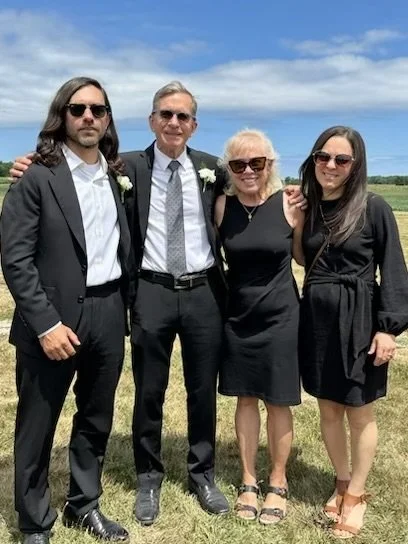Restoration
Last Sunday, Annette and I visited the Automotive Heritage Museum in Ypsilanti, Michigan. Located in what was the last operating Hudson automobile dealership in the world, this great little museum showcases several dozen beautifully restored cars dating from the 1920s through the 1970s. Despite the decades of – in some cases – very hard use, the dents, scars, dings, and faded paint have all been reversed, and the cars have been brought back to factory-perfect conditions. They are now worth many times their original sticker prices.
I recently saw an ad in Hemings Automotive News – a publication specializing in used vintage care – offering a perfectly restored 1959 Chevrolet Impala. Although it originally sold for about $2,900, the 2025 asking price was $125,000. The highest reported auction sale price for a restored 1959 Impala was $368,500. That’s more than 11 times its original sticker price, once inflation is factored in. Restored cars can be incredibly valuable!
So can other things that have been restored.
The reason Annette aand I (and both our kids) were in Michigan was for the funeral of my 96-year-old mother-in-law, Helene Bleecker who died on July 10. The minister who conducted the service referenced Psalm 23. You know, “The Lord is my shepherd.” This psalm consists of 15 phrases, a few of which the pastor highlighted.
One phrase that caught my ear was, “He restores my soul.” Helene’s last months were filled with pain, disorientation, and confusion. As a strong believer in Jesus, she is now with him in heaven. Her body is fully restored. Her relationships with those who have gone before her are fully restored. And – most importantly – her soul is now fully restored. All the limitations and faults of people who know Jesus dissolve when they enter his presence.
So Helene has received the ultimate restoration.
But a careful reading of the psalms reveals another aspect of restoration. David says the Lord “restores my soul” – a present tense verb that implies a “here-and-now” process which is a down-payment on the ultimate restoration to come.
God created each of us out of his love for us, and he wants us to love him back. Unfortunately, each of us is marred by sin – our own and that of others – so we are twisted versions of what God originally intended. When we recognize our perversion and our need to receive forgiveness from Jesus, he begins our transformation. If we let him, he continues the process throughout the rest of our times on earth and brings it to completion when we stand before him in heaven.
In 1 Corinthians 15:42-44, Paul draws parallels between our earthly bodies – which are sown as perishable, in dishonor, in weakness, and as natural – and what they will be when they are raised as imperishable, in glory, in power, and as spiritual bodies. That’s what Helene is experiencing right now.
So last weekend, we got to see two examples of restoration: that of many classic automobiles, and – more importantly – that of my dear mother-in-law. Just as no one would have imagined that a fully restored 1959 Impala would be worth many times more than its original price 66 years later, it’s hard for us to comprehend what a perfectly restored person standing in God’s presence will be like. But I’m glad I will experience that one day! And I hope you will too.
Andy, Glenn, Annette and Stephanie at Dover Township Cemetery




















